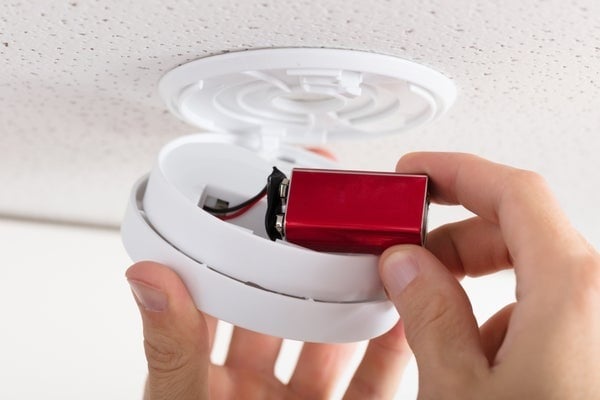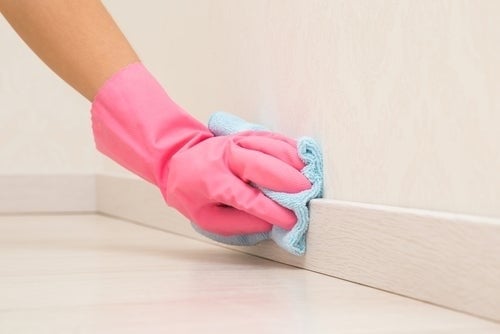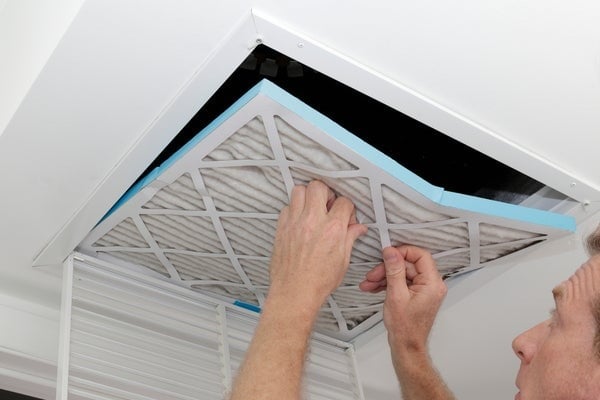A smoke detector is one of those things around your home you probably take for granted. More than likely, you don’t even know it’s there. Unless, of course, it’s sounding an alarm or making that annoying chirping noise that signals it’s time to replace the battery.
The truth is, your smoke detector is one of the most important devices in your house. It can save your life in an emergency, bringing a fire to your attention so you and your family have time to get to safety. In order for these tiny devices to do their jobs, though, they need some very basic routine maintenance. Find out what you need to know about checking your smoke detectors.
When to Check Them
One surefire way to keep the smoke detectors in your house from waking you up with their chirping in the middle of the night is to put them on a regular maintenance schedule. This way, you’re sure you are replacing the batteries and checking functionality before anything ever goes wrong.
According to the U.S. Fire Administration, you should check your smoke detectors monthly. However, other sources say you can check them twice a year, or roughly every six months. Whichever method you choose, the easiest way to keep up with your checks is to create a schedule. If you conduct them monthly, consider the first of the month. If you check less frequently, an easy way to keep track is to check when daylight savings time begins and when it ends.
You should have smoke detectors on every level of your home, including the basement, and in or near each bedroom and sleeping area. Whatever testing schedule you choose, be sure you test every detector in your home.



